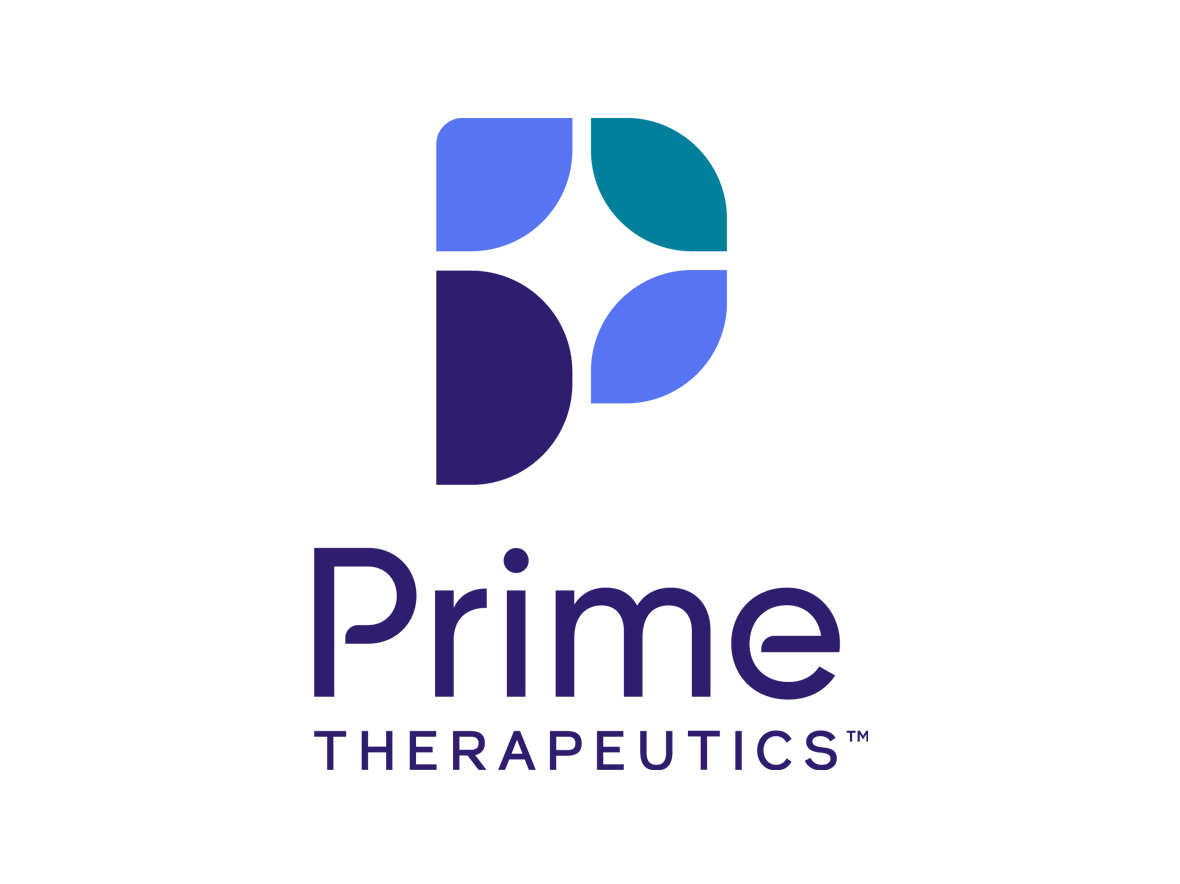Real-world analysis of GLP-1a drugs for weight loss finds low adherence and increased cost in first year - Prime Therapeutics
Real-world analysis of GLP-1a drugs for weight loss finds low adherence and increased cost in first year
As demand for GLP-1a drugs for weight loss has increased, new data provides additional insights about this new class of medications.

EAGAN, Minn. – An analysis of real-world integrated pharmacy and medical claims data by leading pharmacy benefit manager (PBM) Prime Therapeutics LLC (Prime), and Magellan Rx Management, (Magellan Rx), a Prime Therapeutics company, shows that 68 percent of individuals who newly started glucagon-like peptide-1 agonist (GLP-1a) drugs for weight loss were no longer taking the drug after one year. The data also show a substantial increase in health care cost in the first year among those who also started the drugs.
GLP-1a drugs are a common treatment for Type-2 diabetes, and in recent years select drugs in the class have been approved for weight loss. Utilization of these drugs has largely been driven by social media influencers – and with more than 41% of U.S. adults identified as obese by the CDC – the demand for GLP-1a drugs for weight loss has increased.
Among those individuals who initiated GLP-1a drugs for weight loss at one year follow-up, this real-world analysis found a significantly higher total cost of care, at $7,727 per person. Adherence to these drugs was also poor, with just 27% of individuals taking GLP-1a drugs after one year. Among GLP-1a adherent individuals, the increase in costs was even higher, double that of the matched controls, at $13,218 higher total cost of care per person.
GLP-1a weight loss treatment rates vary by region and coverage decisions. Assessing historical utilization and spend patterns, Prime forecasts that an increase of GLP-1a weight loss utilization by 1% of an insured population would bring an additional $14.50 per member per month (PMPM) expense for most self-insured employers – an increase of more than 5% of their entire drug spend budget.
“While the industry is poised to see broader approval of GLP-1a drugs for weight loss by the Food and Drug Administration in the near-term, our analysis shows that a large, upfront financial investment is required when treating weight loss with these drugs,” said Joseph Leach, M.D., senior vice president and chief medical officer at Prime. “We will need results of ongoing, multi-year studies to see if this treatment has downstream impacts on other health conditions, including cardiovascular events and diabetes development prevention, which are key benefits to weight loss management. Long-term impact on total cost of care also remains to be seen.”
What’s more, at $11,500-$14,000 annual wholesale acquisition price for GLP-1a weight loss treatment, the Institute for Clinical Economic Review (ICER) cost-effectiveness analysis identified that GLP-1a weight loss therapies are over-priced two-fold to their expected value in weight loss associated reduction in cardiovascular events and diabetes development avoidance over a lifetime. The ICER findings, coupled with Prime’s analysis, indicate GLP-1a weight loss products should have a pharmaceutical manufacturer, patient-centered value-based arrangement with health plans or PBMs to ensure fair GLP-1a pricing.
“GLP-1a drugs and their use for weight loss have taken the health care industry by storm, but several issues must be resolved, including how to ensure that those who may benefit most have access while maintaining overall pharmacy benefit affordability,” said David Lassen, PharmD, chief clinical officer at Prime. “While we hope to see additional data to refine our guidance, health plans should consider programs to help adherence to avoid medication waste and comprehensive therapy plans – which include diet and exercise – to help people on their weight loss journey.”
Prime analyzed integrated pharmacy and medical claims data from 16 million commercially insured members; the analysis was limited to members who newly initiated a GLP-1a between Jan. 1, 2021, and Dec. 31, 2021. Members were required to have an obesity diagnosis prior to this time, or a prediabetes diagnosis, or a body mass index of 30 or higher. Individuals were excluded from the analysis if they had a prior diabetes diagnosis or diabetes drug therapy. Please refer to the abstract for additional details and study design.
Editorial note: For more insights on this study, visit the research article published by Journal of Managed Care & Specialty Pharmacy.
Contact
Alex Cook
Public Relations Manager
612.777.4217
Alex.Cook2@PrimeTherapeutics.com
About Prime Therapeutics

Prime Therapeutics LLC (Prime) is a diversified pharmacy solutions organization. We offer innovative pharmacy benefit management, specialty and medical drug management, and state government solutions to millions of people across the country. At Prime, we’re reimagining pharmacy solutions to provide the care we’d want for our loved ones. We challenge the way it’s always been done to develop intelligently designed solutions that deliver savings, simplicity and support to help people achieve better health. For more information, visit us at PrimeTherapeutics.com or follow us on LinkedIn.
